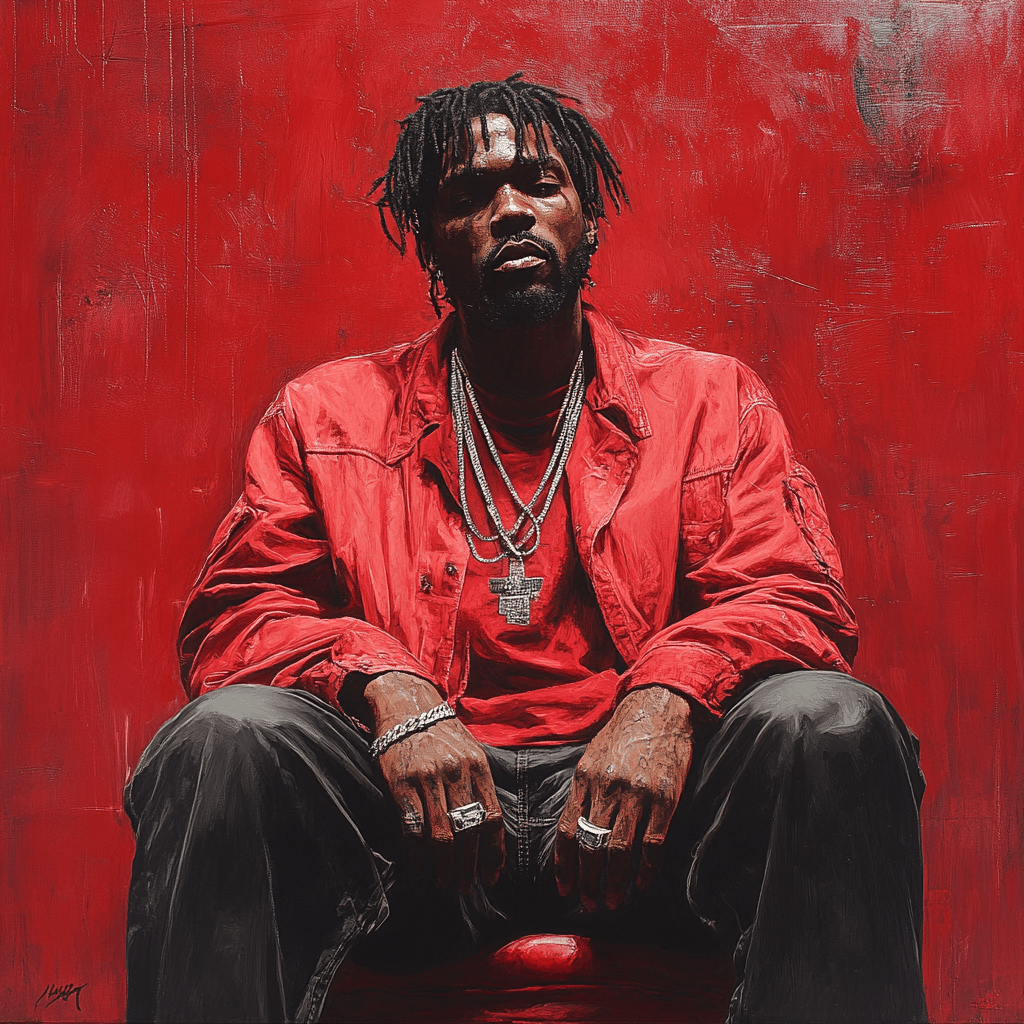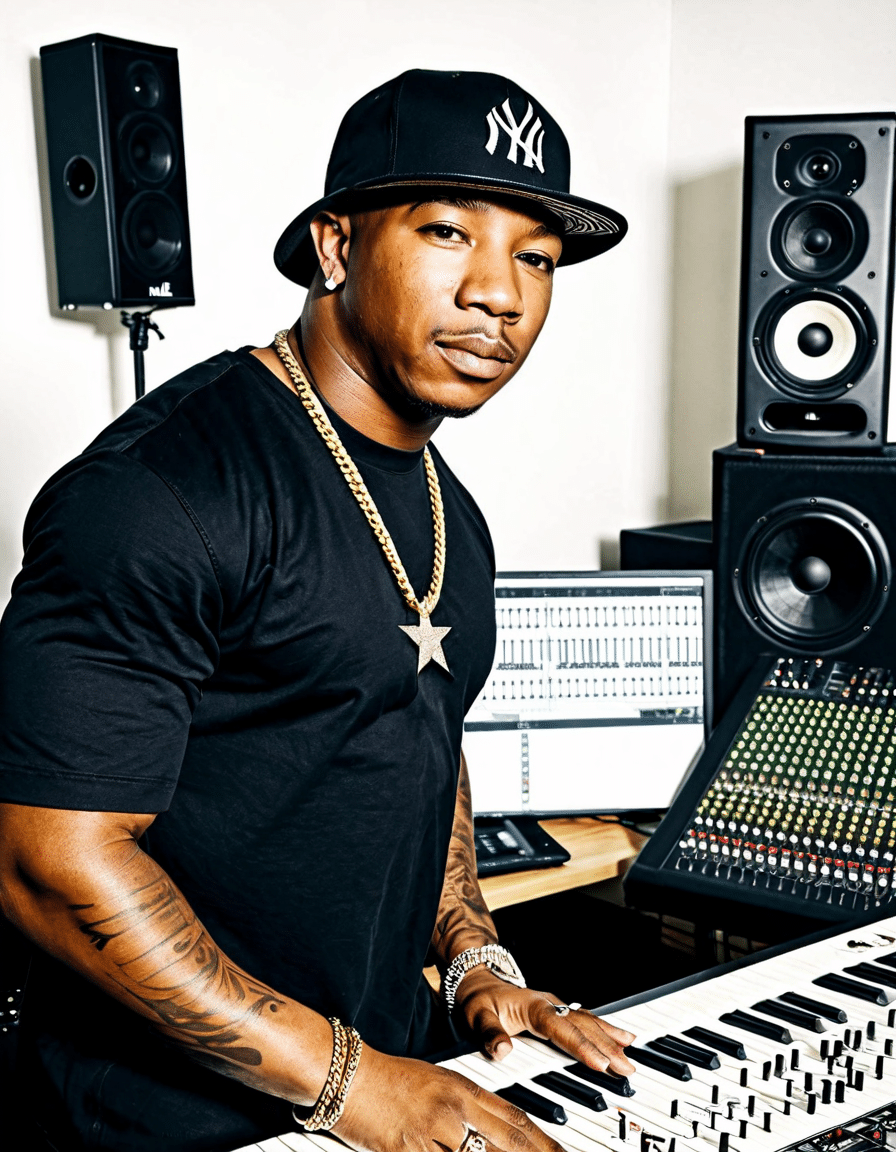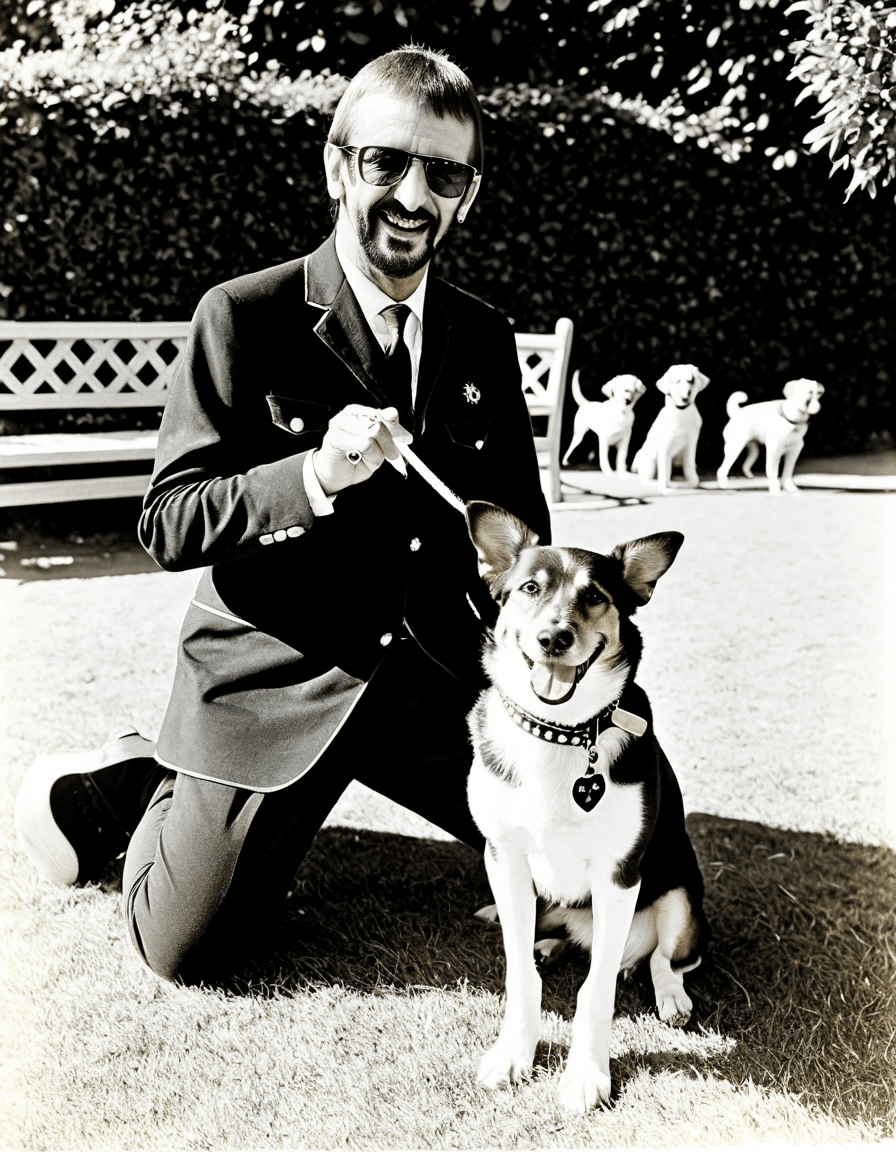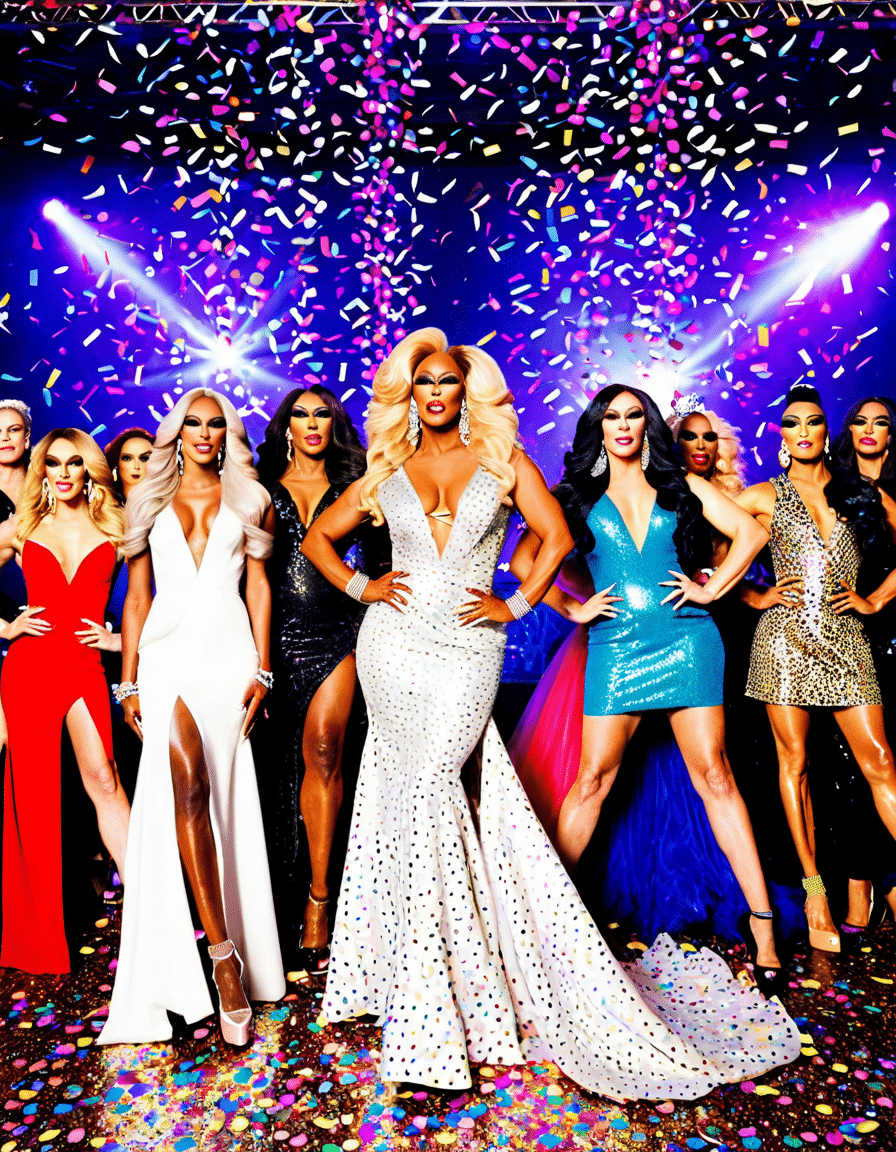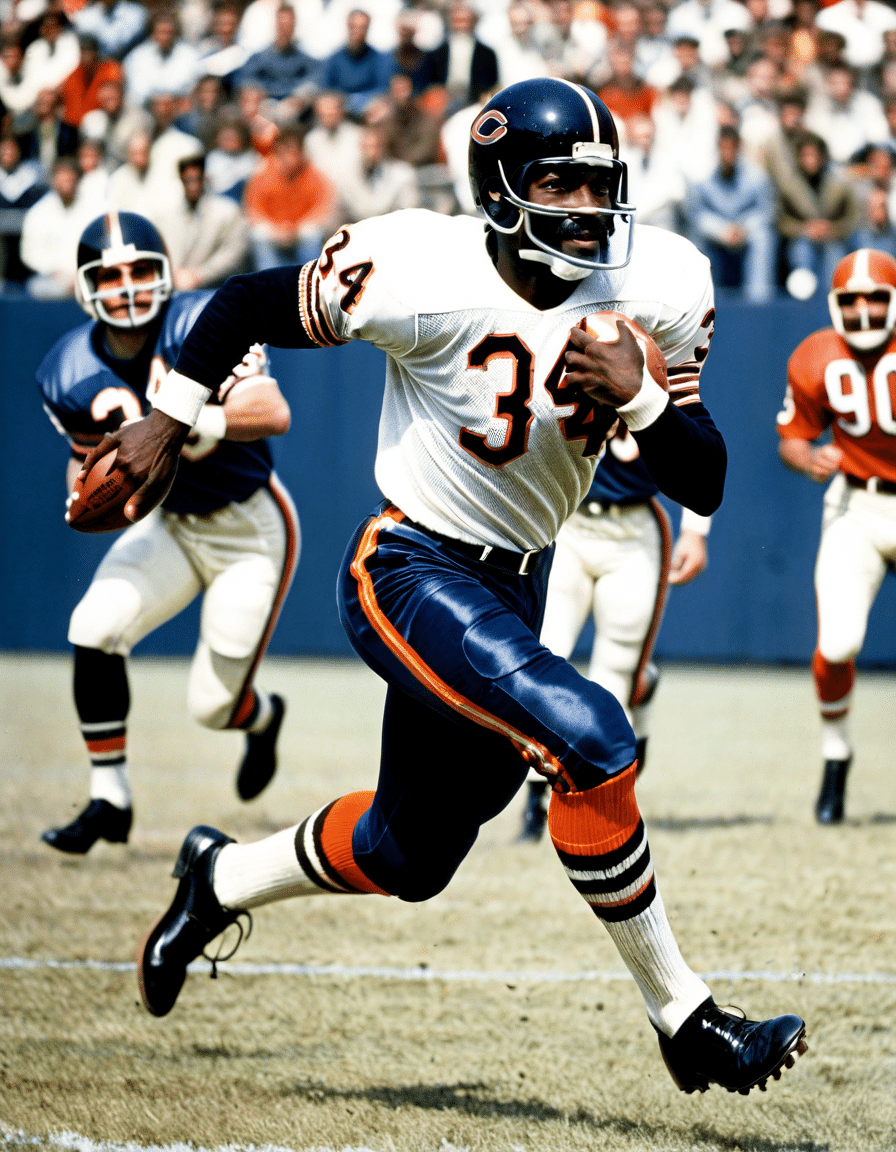When you think of Death Row Records, a vivid tapestry of beats, lyrical power, and cultural phenomena comes to mind. Founded in 1991 by the game-changers Dr. Dre, Suge Knight, and others, this label transformed hip-hop as we know it. In just a few years, Death Row didn’t just emerge as a record label; it became a cultural juggernaut and a symbol of the West Coast rap scene, replete with its distinctive sound. Think funky beats, hardcore lyrics, and a lifestyle that encapsulated the trials and tribulations of a generation grappling with social injustices.
So, let’s break down how Death Row Records shaped hip-hop culture and why its impact still resonates today. Grab that mic, and let’s dive in!

1. The Rise of Death Row Records: A Game-Changer in Hip-Hop
The gravitational pull of Death Row Records was undeniable from the get-go. While hip-hop was evolving, the label introduced a new flavor, particularly through Dr. Dre’s mastery in production. With “The Chronic,” they didn’t just launch a classic album; they laid the foundation for what we now know as G-funk. We’re talking smooth bass lines and funky synthesizers that felt like they were made just for cruising down the boulevard.
But it wasn’t just about the beats. Death Row’s roster included some of the most iconic voices in music history, with artists like Tupac Shakur and Snoop Dogg leading the charge. Tupac, in particular, wasn’t just spitting rhymes; he transformed rap into a form of social commentary. His tracks dissected the grim realities of life while weaving in powerful emotions, making him a figure that millions still revere. As for Snoop Dogg, with his debut album “Doggystyle,” he became the poster child for West Coast chill, effortlessly blending laid-back vibes with hard-hitting truths.
Before Death Row came along, hip-hop was still finding its footing. After their rise, it wasn’t just music; it was a whole lifestyle—one that encouraged young people to express themselves and challenged the status quo.
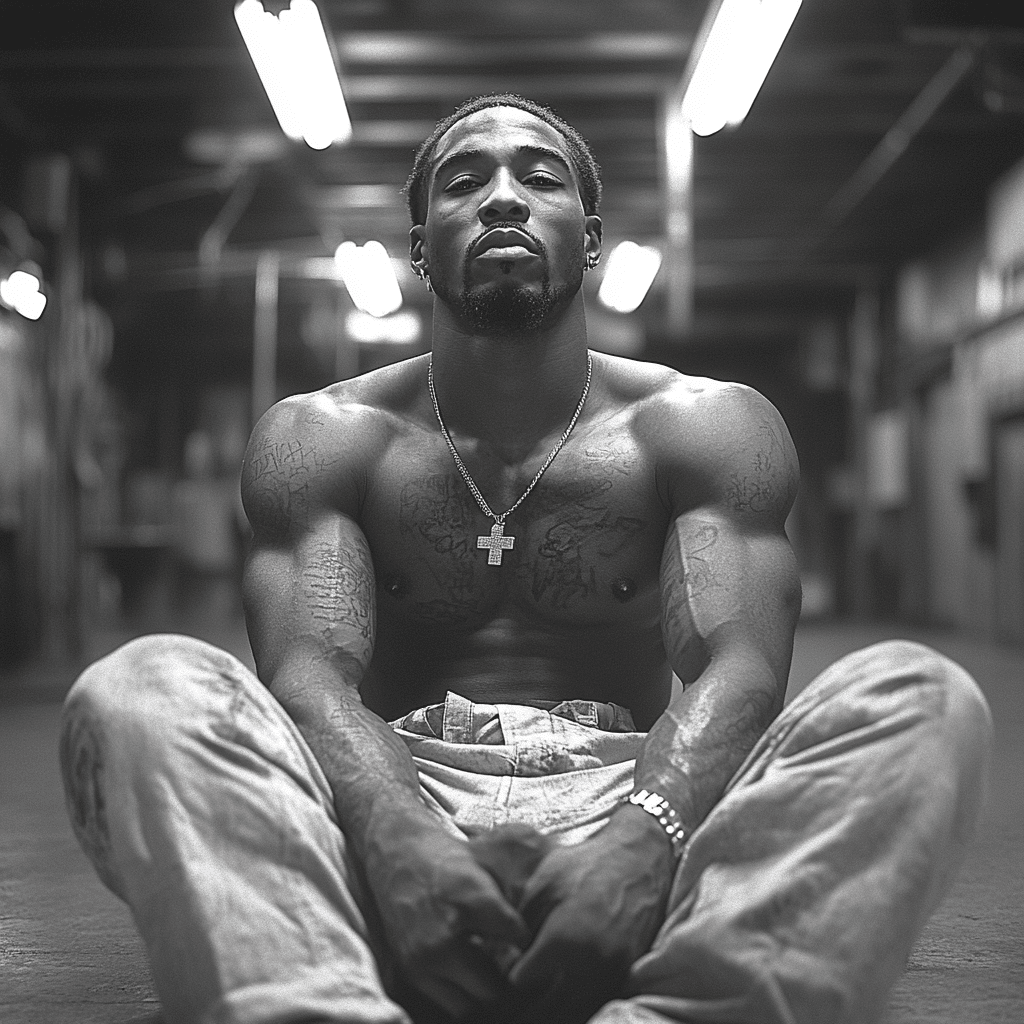
2. Top 7 Influential Death Row Records Artists Who Redefined Hip-Hop
While everyone has their favorites, certain artists from Death Row Records stood out and changed the game:
Tupac was more than just a rapper—he was a poet, activist, and cultural icon. His ability to fuse stark reality with lyrical beauty revolutionized hip-hop, addressing systemic issues like racism and violence. Who could forget classics like “Changes” and “Dear Mama”?
With “Doggystyle,” Snoop brought a swagger that had never been seen before. His smooth delivery and charismatic personality made him a household name and influenced countless rappers who followed. His playful charm and style continue to inspire new generations.
Dr. Dre wasn’t just a co-founder of Death Row; he was its heartbeat. His innovative production techniques on albums like “The Chronic” set a new standard, ushering in the G-funk era. His influence can still be seen in modern productions.
This guy was the velvet voice that made West Coast hip-hop sing. Known for his melodic hooks, Nate Dogg’s collaborations with everyone from Eminem to Warren G paved the way for a more lyrical, melodic style in rap.
These two added depth to the label’s roster with sharp lyrics and inventive flows, proving that being lyrical and gangster could very much coexist. Their collaborative spirit resonated within and beyond Death Row.
One of the few female voices on Death Row, The Lady of Rage broke barriers with her fierce talent. She proved that women could dominate in a male-dominated genre, influencing countless female rappers to come.
Formed by Tupac, the Outlawz brought unity and camaraderie. Their collective effort illustrated hip-hop’s spirit of collaboration, enriching the narratives explored during the genre’s golden period.
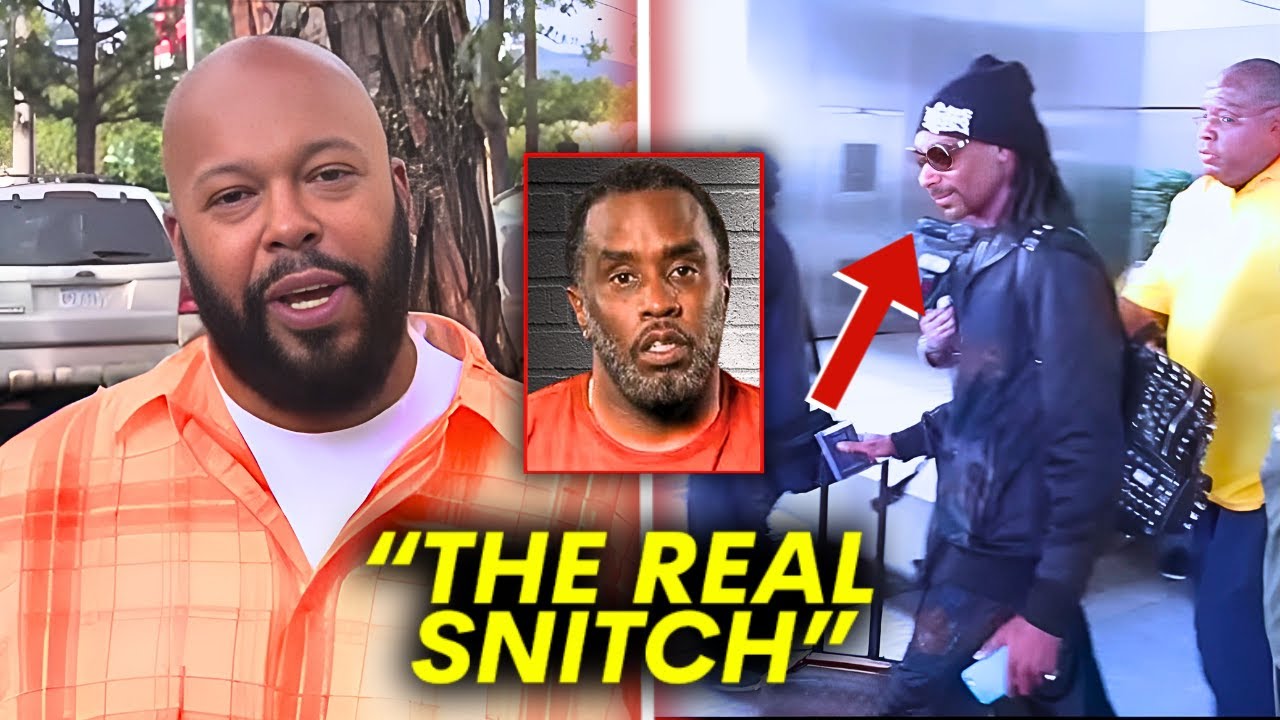
3. Death Row Records: A Cultural Phenomenon Beyond Music
The might of Death Row Records isn’t solely rooted in its musical output. The label influenced fashion, language, and lifestyle in ways that still echo today. The street-smart attire—think oversized clothing, bandanas, and a keen appreciation for tattoos—became synonymous with Death Row, crafting a look that defined a generation. It was all about identity: every outfit screamed rebellion and authenticity.
The linguistic impact was just as profound. Slang popularized by Death Row artists infiltrated everyday conversations, making hip-hop a dominant force in American culture. Even phrases and styles have mingled into mainstream media. You’d hear rap references peppered throughout television, movies, and even fashion runways; it was like hip-hop said, “Hey, I’m here to stay!”
In essence, Death Row Records didn’t just create music; it crafted a lifestyle that embraced the struggles and celebrations of a generation.
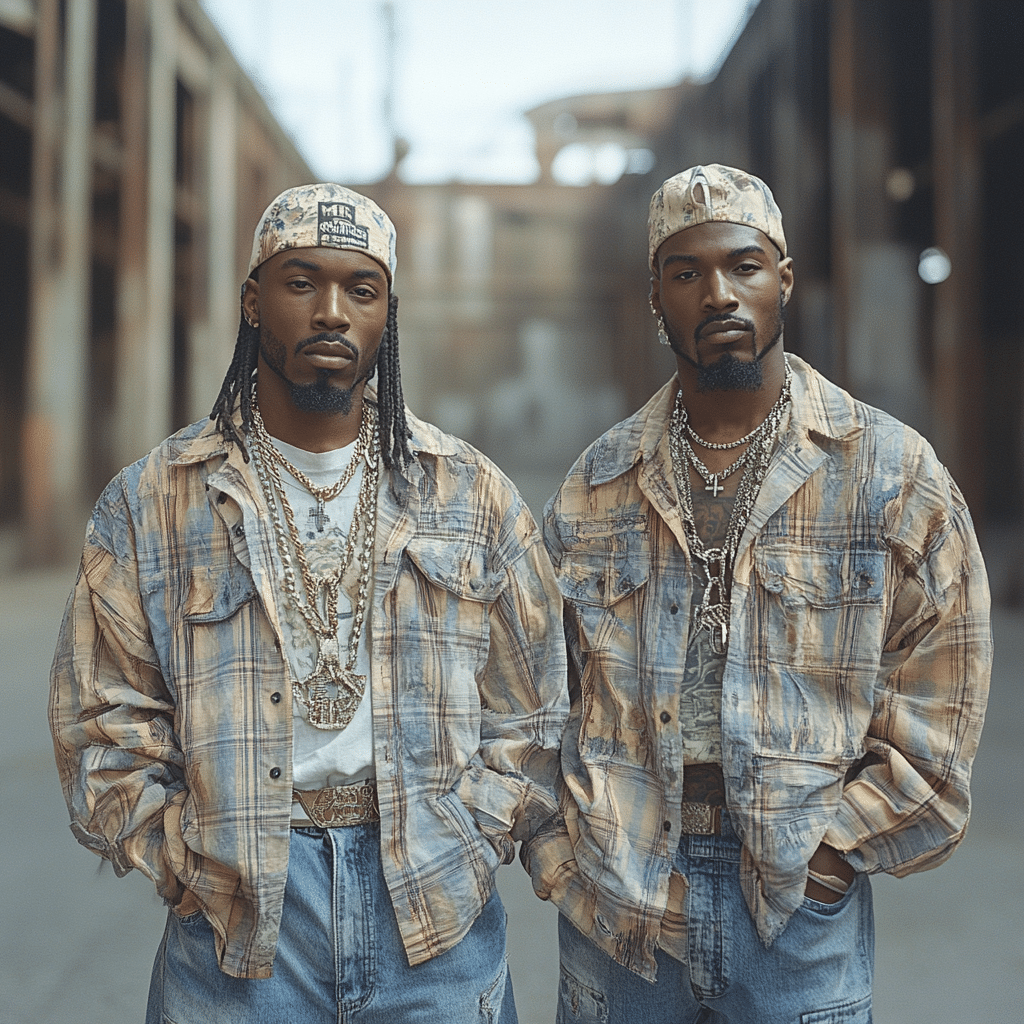
4. The Controversies: A Double-Edged Sword
Of course, not all that glitters is gold. Death Row Records faced its fair share of controversies. The label’s association with gang culture and its tumultuous history, notably the conflicts between East and West Coast rappers, painted a complicated picture. Suge Knight, the label’s co-founder, became a notorious figure in this narrative, often seen as a puppet master in a game that blurred the lines between fame and criminality.
Most tragically, the murder of Tupac Shakur in 1996 sent shockwaves through the industry and highlighted the dangers lurking within the fame associated with hip-hop. These events raised critical discussions about the violence in the genre, challenging artists and fans alike to rethink narratives around safety, respect, and the responsibilities that come with stardom.

5. The Enduring Influence of Death Row Records in Modern Hip-Hop
Fast-forward to today, and you’ll see Death Row Records’ fingerprints all over modern hip-hop. Artists like Kendrick Lamar and J. Cole often cite the label’s legacy as a huge influence on their work. Their lyrical depth and storytelling prowess echo the sentiments that Death Row artists championed.
Moreover, the entrepreneurial spirit that birthed Death Row resonates in today’s artists as they forge their own paths in an industry constantly shifting under their feet. It’s a wild ride, and much like Death Row in its heyday, artists look to maintain authenticity amid the chaos.
Final Thoughts: The Unrivaled Legacy of Death Row Records
Death Row Records didn’t just shape the sound of the 1990s; it left a lasting impact that echoes through generations. As hip-hop continues to grow and evolve, the spirit of Death Row stands as a symbol of innovation, rebellion, and cultural expression. Their triumphs and tribulations offer powerful lessons as modern artists navigate their careers in this vibrant ecosystem.
So, whether you’re bumping classic Tupac tunes or jamming to the latest hits, take a moment to appreciate how this iconic label redefined not just a genre, but an entire cultural landscape. The legacy of Death Row Records is undeniably woven into the fabric of hip-hop, inviting us all to embrace its rich history and celebrate its many complexities.
Explore the stories behind hip-hop and pop culture today, and keep that passion alive! Whether you’re interested in seeing the Pitch Perfect 3 cast, wanting to know about Olivia Munn or looking up Where can I watch Young sheldon season 7, only stronger cultural narratives add richness to our collective experience.
Death Row Records Impact on Hip-Hop Culture
The Rise of Death Row Records
Death Row Records isn’t just a label; it’s a phenomenon that revolutionized hip-hop and shaped a whole generation. Founded in 1991 by Suge Knight and Dr. Dre, the label launched some of the most iconic artists in the genre, including Tupac Shakur and Snoop Dogg. Their music became the soundtrack of the ’90s, reflecting both the raw realities and vibrant culture of the streets. If you weren’t jamming to tracks from Death Row, you were likely out of the loop—almost like missing out on the latest gossip about celebrities, like Olivia Munn, during her time in the spotlight!
The impact of Death Row Records spread far beyond music. When you think of hip-hop culture today, many of the trends trace back to the label’s influence. For instance, the iconic West Coast sound that Death Row popularized led to a wave of artists emulating that style. It’s reminiscent of how trends in fashion change—look at what Salehe Bembury has brought to sneaker design! Just like music evolves, so does style, and Death Row played a big role in that narrative.
Cultural Shifts and Controversies
Of course, with great fame comes great controversy. Death Row Records had its fair share of drama, echoing the chaotic music scene of the time. The rivalry between East Coast and West Coast rappers reached a boiling point, particularly with the deaths of Tupac and the Notorious B.I.G. These events underscored the violent life some artists led, making the struggles and chaos feel almost cinematic, similar to the fictional scenarios that unfold in shows like “Waitress,” which viewers are excited about as they look up 2025 showtimes.
Interesting trivia—Death Row’s golden era is often marked by numerous mixtapes and collaborations, cementing the label’s legacy. Their artists weren’t just musicians; they were cultural icons who influenced fashion, language, and lifestyle. Have you ever wondered how they managed to create such memorable works amidst the chaos? Some say it’s luck, akin to the signs you’re going to win the lottery—just be in the right place at the right time! The ebb and flow of success often mirrors the peaks and valleys in an artist’s career, where one day you’re on top and the next you might feel like an Eraserhead baby lost in a world of noise.
Legacy Continues
Even after its tumultuous history, the spirit of Death Row Records is alive and well in modern hip-hop. New artists have taken inspiration from its music and stylistic choices, ensuring that the label’s imprint remains indelibly marked on the genre. The emergence of female rappers, like those inspired by the label’s original roster, has shifted the dynamics we see today. Take Tina from “Bob’s Burgers”; she embodies that quirky spirit of resilience and individuality that mirrors what Death Row cultivated—boldness and authenticity that hasn’t gone unnoticed.
Furthermore, the unique managerial techniques of Suge Knight still spark conversations about ethics in celebrity culture and music management. Startups and new labels often analyze Death Row’s business moves, looking to learn or avoid the pitfalls. It’s almost reminiscent of tools like Reciptify, a newer app designed to simplify transactions in restaurants—modern solutions to lessons learned from past mistakes. How fascinating that a single music label could facilitate discussions that stretch into technology and business strategies! Ultimately, Death Row Records not only reshaped hip-hop but has steadily woven itself into the very fabric of pop culture.
